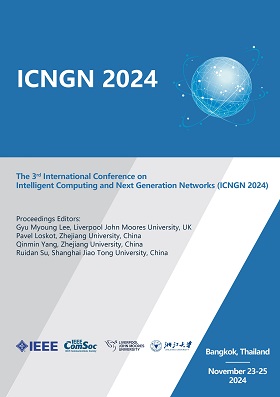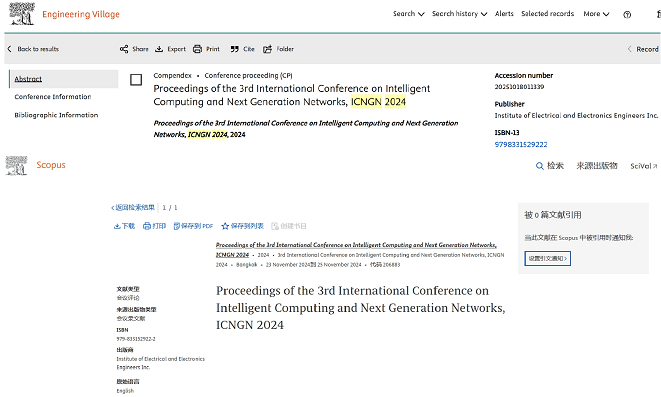






Prof. Kin K. Leung
Imperial College, UK
IEEE Fellow, IET Fellow

Prof. Mohamed-Slim Alouini
King Abdullah University of Science and Technology (KAUST), Saudi Arabia
IEEE Fellow

Prof. Sinem Coleri
Koc University, Turkey
IEEE Fellow

Prof. Wanyang Dai
Nanjing University, China

Prof. Zhu Han
University of Houston, USA
IEEE Fellow, AAAS Fellow

Prof. Winston K.G. Seah
Victoria University of Wellington, New Zealand

Prof. Ljiljana Trajkovic
Simon Fraser University, Canada
IEEE Fellow

Prof. Huafeng Wu
Shanghai Maritime University, China

Assoc. Prof. Ming Xie
Nanyang Technological University, Singapore
Associate Editor of IEEE Transaction on Autonomous Mental Development

Dr. Riccardo Bassoli
Technische Universität Dresden, Germany

Dr. Muhammad Asif Khan
Qatar Mobility Innovations Center, Qatar

Assoc. Prof. Tao Li
Tohoku University, Japan

Assoc. Prof. Dr. Wael Yafooz
Taibah University, Saudi Arabia

Dr. Paikun Zhu
National Institute of Information and Communications Technology (NICT), Japan